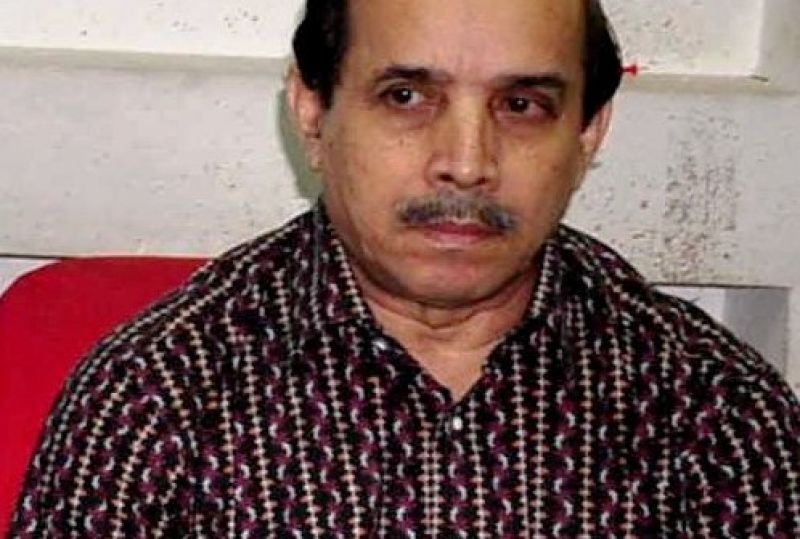- Google fires 28 workers protesting contract with Israel |
- US vetoes widely backed resolution on Palestine as UN member |
- Dhaka’s air quality remains ‘unhealthy’ Friday morning |
- India starts voting in the world's largest election |
- Iran fires air defense batteries in provinces |
Lessons of Amar Ekushey

Mostafa Kamal Majumder
We are solemnly observing Ekushey February to pay homage to the martyrs of the historic language movement of 1952 as well the International Mother Language Day that Unesco declared in 1999 honoring our language movement. This day is observed across the glove since the year 2000.
The demand for making Bangla a state language was raised as early as 1947 by Dr. Muhammad Shahidullah when the decision to establish the state of Pakistan was adopted. The debate had its origin in the resolve Indian leaders to make Hindi the official language of India, a task which was completed in 1949 through the enactment of a law. English was retained an official language alongside Hindi for 15 years from 1947 continues to be so even today after 75 years.
We often fail to give due importance to the language movement of 1948 which came to fruition in 1952.
Tamuddun Majlis under the leadership of Principal Abul Kashem spearheaded the movement when the then West Pakistani intellectuals and government leaders started advocating the argument of making Urdu the only state language.
When the Constituent Assembly of Pakistan met in Karachi in 1948 Urdu and English were made the language in which deliberations were to take place. Against this a motion initiated for inclusion of Bangla alongside Urdu and English to speak in the Assembly was rejected. This led to student agitation in Dhaka University and a Rastrabhasha Committee was formed with Prof. Nurul Huq Bhuiyan of Tamaddun Majlis as its head as the education minister of Pakistan was planning to make Urdu the state language.
Against this backdrop Pakistan's Governor General Muhammad Ali Jinnah at a meeting in Dhaka declared Urdu will be the state language and faced serious opposition. Abdul Matin who later came to be known as Bhasha Matin said ‘no’.
The issue somewhat subsided for next three to four years. The movement got its momentum in 1952 when Pakistan’s Prime Minister Khwaja Nazimuddin Ahmed during a visit to Dhaka once again said Urdu and only Urdu would be the state language. The Rastrabhasha Committee formed soon after was led by Bhasha Matin and his deputy Gaziul Haque. Oli Ahad, Kazi Golam Mahbub among many others played courageous roles.
Police opened fire when students violated section 144 imposed to thwart the movement on 21st February. The news of student killing spread like a wildfire and with it the movement to other cities and towns. The government in power lost its popular base and was routed in the next general elections held in 1954. Bangla was finally recognized as a state language in the 1956 Constitution.
Now 70 years after, we are confronted with the question are the values of the movement upheld. The movement was for establishing the democratic rights of the people which are now flouted. The people still have to fight for the right to freedom of expression. They cannot freely cast their votes. Life and livelihood opportunities are not equally available to all.
Ekushey February is one of a few days of the year when all the people of the country can come together forgetting political and social differences. The spirit of Ekushey will be established only when the people will be free from all forms of exploitation and will be able to forge ahead for a secured future where their rights and liberties will not be curbed.

